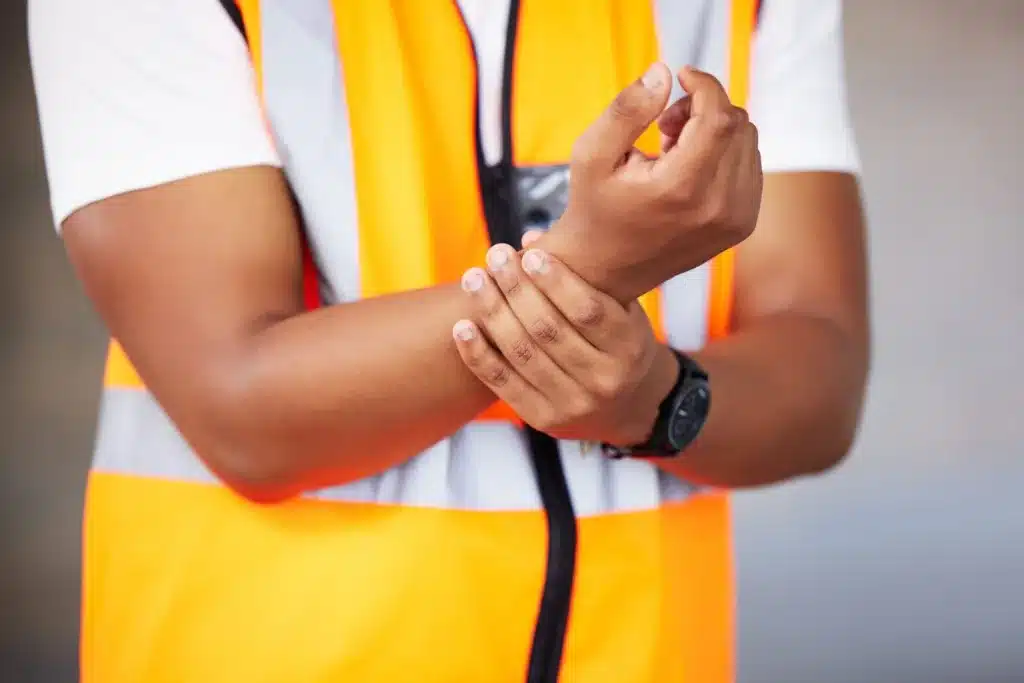Can My Social Media Posts Impact My Workers’ Comp Claim?
If you’ve filed a workers’ compensation claim after a workplace injury, you might assume that your case will be decided solely based on your medical records and employer documentation. But in today’s digital age, there’s another unexpected source insurers and employers may use against you: your social media activity.
Even seemingly innocent posts on Facebook, Instagram, TikTok, or X (formerly Twitter) can be used as evidence to deny or reduce your workers’ comp benefits.
When you file a workers’ compensation claim in Florida, you’re essentially stating that:
- You were injured on the job
- Your injury prevents or limits your ability to work
- You require medical treatment or wage replacement
If your employer’s insurance carrier sees content on your social media that seems inconsistent with your claim, such as photos of you lifting heavy objects, dancing at an event, or taking a vacation, they may argue that your injury isn’t as serious as you claimed, or that you’re exaggerating.
Even if the post was taken out of context or occurred before the injury, the perception it creates can be damaging.
What are Some Examples of Social Media Posts That Can Hurt Your Case?
Insurance adjusters and defense attorneys will look for posts that suggest you’re not as injured as you claim to be. These could include:
- Photos or videos of physical activity (sports, exercising, dancing)
- Check-ins at locations like amusement parks, clubs, or beaches
- Posts bragging about returning to work or doing side gigs
- Comments or captions joking about “milking” an injury or “enjoying time off”
- Replies from friends that contradict your claims (“Glad you’re feeling better!”)
Even things posted by friends or family, where you’re tagged or mentioned, can be found and used as evidence. Privacy settings don’t always offer full protection, and investigators may find workarounds to access your content.
J F
Matt Sososkin was my workers comp attorney. Wow he not only settled my case, but exceeded my expectations all around. Happy I chose this place ! Thank you Matt
What Should You Avoid Posting to Social Media?
If you’ve filed or are planning to file a workers’ comp claim, the best course of action is to limit or pause social media use entirely while your case is active. If that’s not possible, at least follow these rules:
- Avoid posting about your injury or any updates related to your case
- Don’t post photos or videos that show physical activity or travel
- Don’t discuss your employer or work environment
- Avoid commenting on other people’s posts about your situation
- Don’t respond to messages from strangers or “new friends” because they could be investigators
Most importantly, never assume a post is harmless. A single image can raise enough doubt to derail your entire claim.
Can Insurance Companies Legally Use My Posts Against Me?
Florida courts have ruled that social media content can be discoverable evidence if it’s relevant to a legal claim. Even if your account is private, opposing attorneys may request access through legal channels during litigation.
This includes not just photos, but also:
- Status updates
- Likes and comments
- Location check-ins
- Tagged content
Once you file a claim, you are under a legal microscope. That includes your online behavior both before and after your accident.
What if I Already Posted Something on Social Media That I Shouldn’t Have?
If you’ve already posted something that might raise concerns, don’t panic, but don’t delete it either. Deleting posts after a claim is filed could be seen as destruction of evidence, which can hurt your credibility.
Instead, speak with a workers’ compensation attorney at RTRLAW right away. We can assess whether the content is likely to impact your case and help you plan your next steps.
Think Before You Post & Speak to An Attorney if You Have Any Questions
At RTRLAW, we understand how even the smallest online misstep can cost you your rightful benefits. That’s why our experienced workers’ compensation attorneys provide:
- Guidance on what to post or avoid posting during your claim
- Legal representation if your social media is used against you
- Strategic advice to prevent misinterpretation of your actions
- Aggressive advocacy if your claim is unfairly denied
We fight to ensure that injured workers in Florida are not punished for living their lives or for what others might post online.
Social media can feel like a private space, but once you’re in the middle of a legal claim, especially one involving money, you should treat everything you post as public. Insurance companies will search for ways to discredit you, and a single post can undo months of medical records, legal arguments, and documentation.
Before you post, ask yourself: “Could this be misunderstood if shown in court?”
If the answer is yes, or even maybe, don’t post it.
If you’ve been injured on the job, don’t let a careless online moment ruin your chance at fair compensation. Contact RTRLAW today for a free consultation by calling 833-HIRE-RTR or filling out the form on our website. We’ll guide you through the legal process and help you avoid costly mistakes, both online and off.


 CALL US NOW
CALL US NOW TEXT US NOW
TEXT US NOW



























